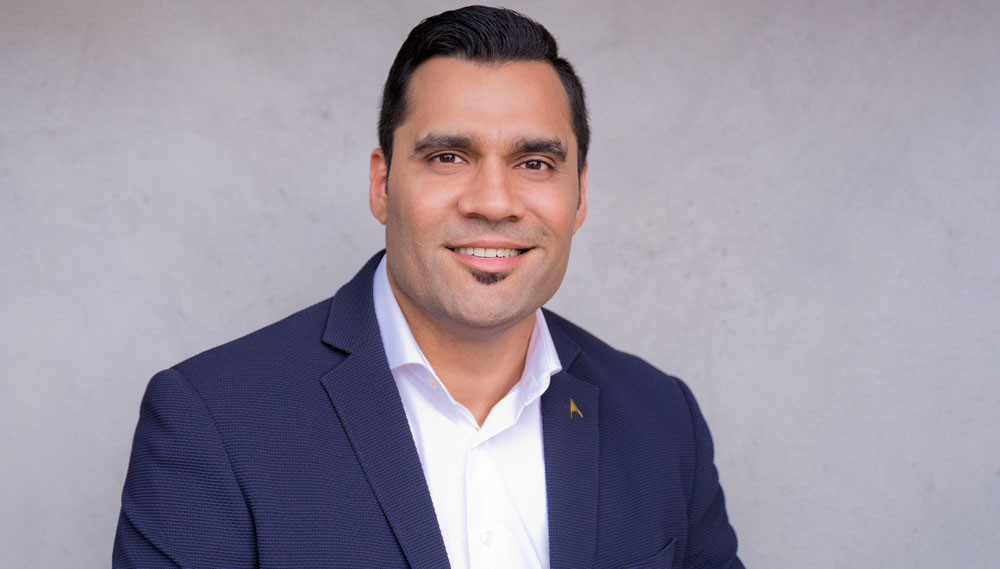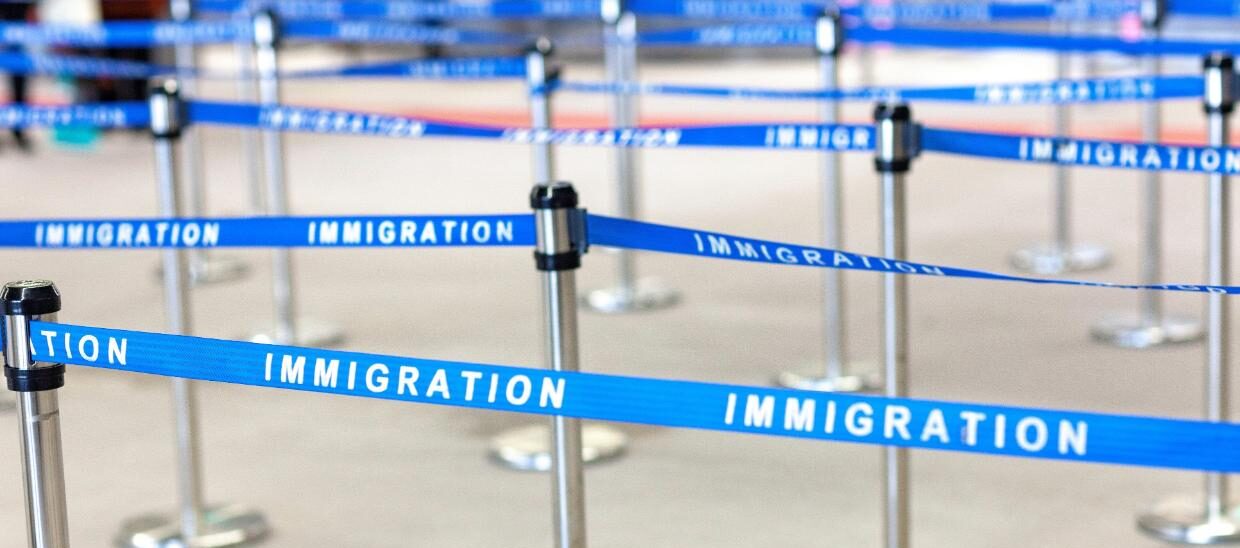
Article Type: Media Articles


Immigration NZ – our worst-managed Government department

Will Immigration NZ ever learn from its mistakes?

Victims of family violence policy creates more victims

Immigration changes to look forward to – or to fear?

How INZ is enabling a ‘huge immigration scam’

Winners and losers in the revamped Skilled Migrant residence category

Immigration New Zealand wrongly told woman visitor to tell employer about her pregnancy

$17m spent on contractors for immigration IT upgrade critics call an ‘utter disaster’

